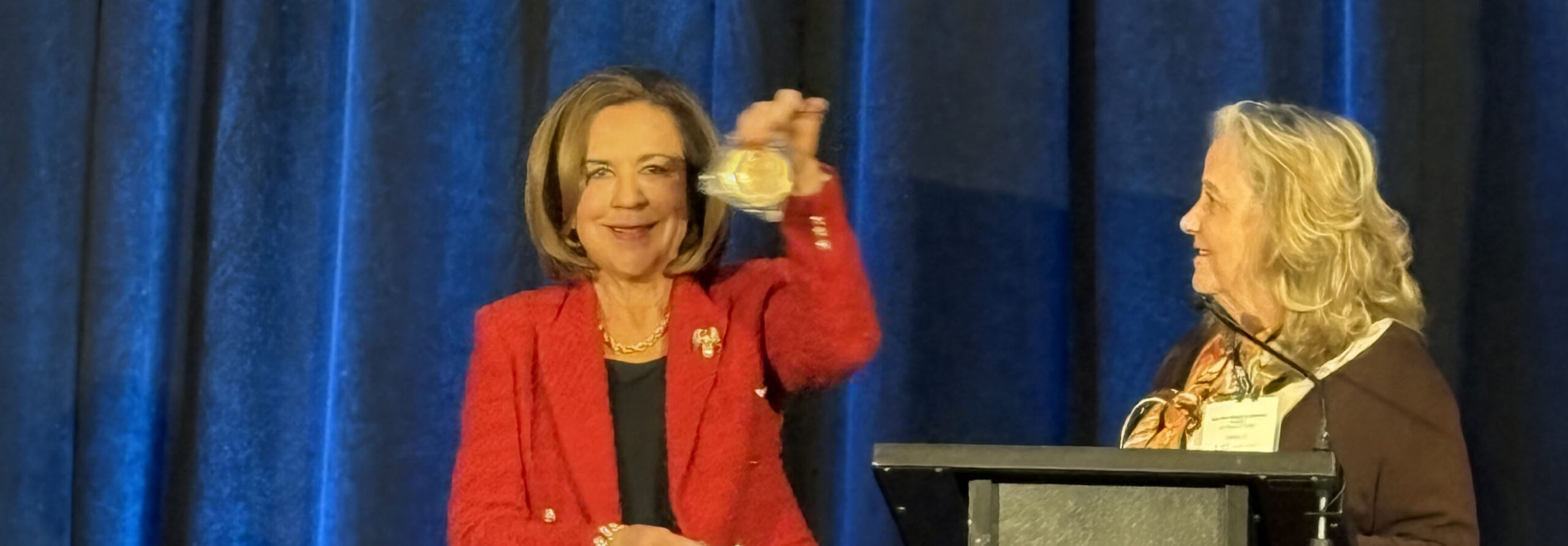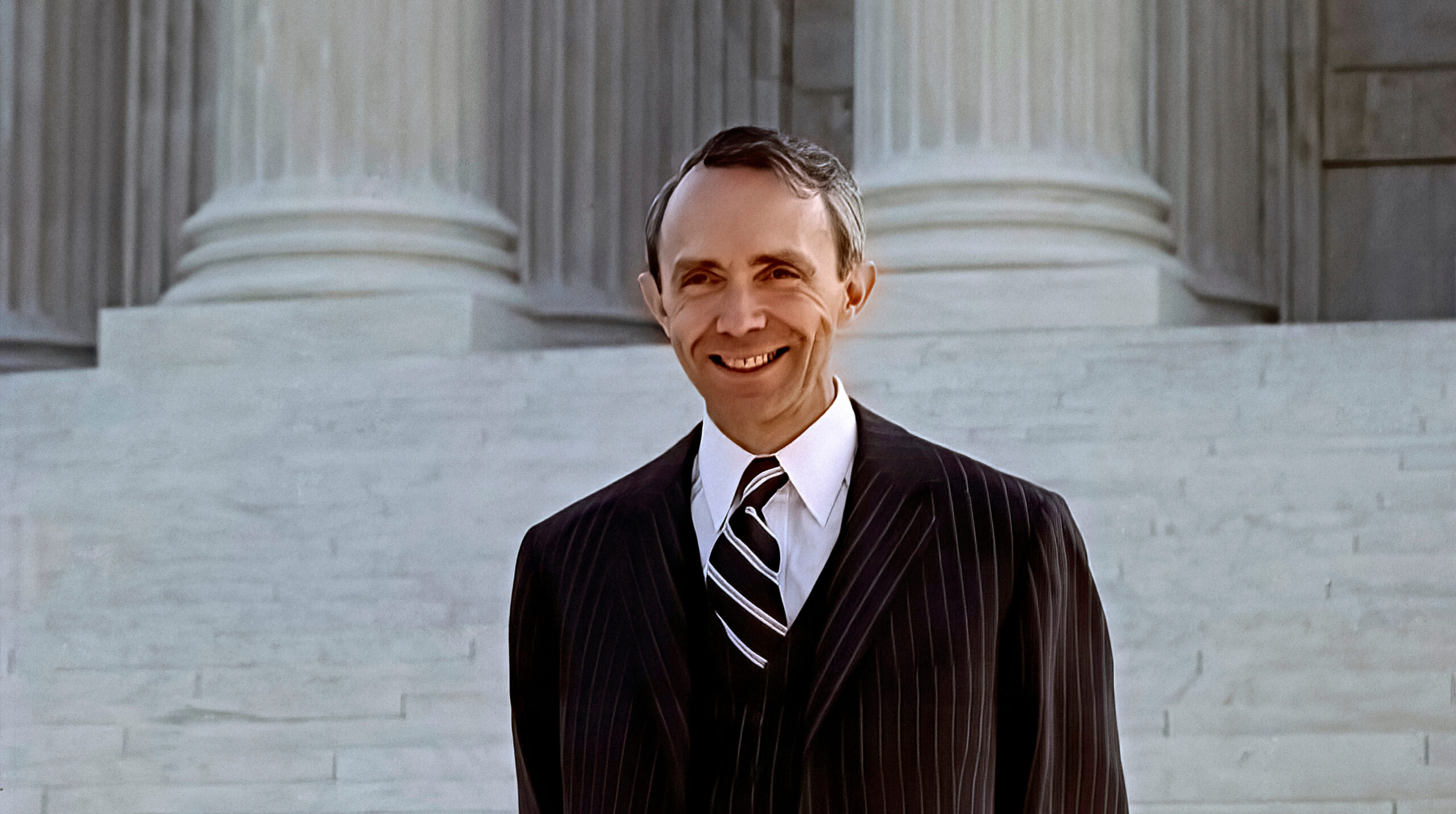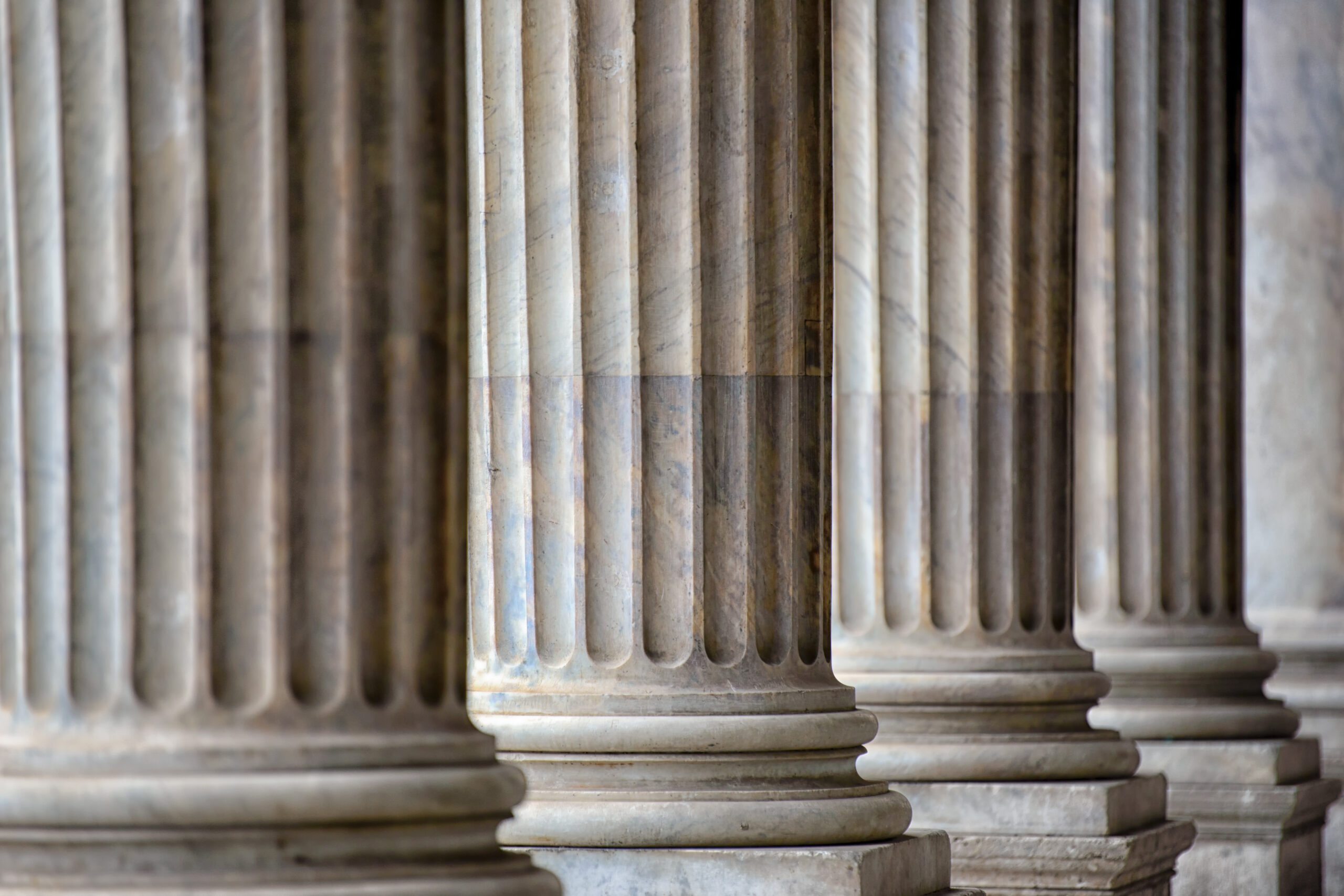
By John Muffler, U.S. Marshal (Ret.)
By John Muffler, U.S. Marshal (Ret.)
Even before a judge was shot and killed outside his home in Chicago last week, many judges were feeling increasingly anxious about their personal safety.
Cook County Judge Raymond Myles, 66, and a 52-year-old woman were shot outside the judge’s home early on the morning of April 10. A 37-year-old man has been charged with murder and attempted murder, but Chicago police said the shooting did not appear to be connected to Myles being a judge. The investigation remains open, police said.
Less than a week before that shooting, the NJC’s Question of the Month asked alumni if they feared for their safety more so than in the past. Among the 1,186 who responded, 58 percent said they were more fearful. A sampling of the comments, representing both sides, appears at the end of this article.
The perception that judges have more to fear has been building for some time.
In 2014 the American Bar Association adopted a resolution urging states to fund adequate security measures as well as training in how to identify threats and act as first responders in the event of an incident. Peter Bennett, an NJC trustee, supported the resolution as chair of the ABA’s Standing Committee on Judicial Independence.
After the November 2015 assassination attempt of Travis County, Texas, Judge Julie Kocurek (in the driveway of her home), the Texas Office of Court Administration conducted a similar survey of Texas judges and found that 38 percent feared for their personal safety at least once in the preceding two years and 42 percent felt afraid at least once when they were away from work.
Kocuerk and her son, pushed out of the way by the alleged assassin during the attack, recently testified to the Texas Legislature on the attack and stated,
“As I sat in the hospital, I will admit I questioned why I’d chosen this line of work, coming face to face with high-risk people every day. I could retire. But then, after a time passed, I realized that this was bigger than me. I needed to return to the bench to show that justice would prevail over violence.”
Regardless of whether you answered yes or no on the NJC fear survey, I want you to know that you have innate and manufactured tools at your disposal to increase your safety and that of your loved ones.
Metal vs mental detectors
It’s easy to feel safe inside a courthouse with the luxury of armed individuals and security equipment, but that can create a false sense of security.
Courthouses are emotional places. Many times outbursts occur between and among parties or toward the judge and counsel. Security equipment will not deter these incidents from happening. Metal detectors are just that—they only detect metal, not those who are, or may become, mentally disturbed.
In or out of court, you need to recognize potential vulnerabilities in your environment. Be situationally aware. Don’t default to parochial thinking such as, “If someone really wanted to do me harm, I’m in public places—church, restaurants, grocery stores, etc.—someone could get me there.” That is a defeatist mindset.
Remember, you are not a judge from 9 to 5, you are a judge 24/7/365. That means your day-to-day risk doesn’t begin and end at the court. It follows you and your loved ones everywhere, every day. Understand that pursuers who cannot get to their intended target (e.g., a judge) can and have changed targets to loved ones.
Here are five simple ways to frustrate a would-be attacker:
- Change the route you take to and from work;
- Don’t post the location of your child’s soccer game or advertise where you are eating lunch on Facebook;
- Upgrade the lighting around your home;
- Invest in a home security system;
- Report all suspicious behavior.
Almost everything has to go right for an attacker to succeed; hundreds of things can go wrong, as Gavin de Becker explains in his book, “The Gift of Fear.” You can make more things goes wrong by putting barriers in place.
Mother Nature’s gift
The best tool in your security-and-safety tool box is not your electronic duress alarm (if you have one); it’s your internal duress alarm: intuition.
Don’t just listen to a feeling of unease, act upon it. That hair standing up on the back of your neck, a gut feeling, a sixth sense—whatever you want to call it, this is instinct, Mother Nature’s gift for survival.
Last year while I was teaching a Judicial Leadership and Security class, a judge relayed the following story:
One morning, after days of trial, the usually glum defendant had a smile on his face. The judge had never seen this before and it bothered her enough to call a recess. After some discussion with her clerk and security, she cleared the courtroom and had all visitors re-screened as a security precaution. She felt something was just not right.
The secondary search found knives and other items on the defendant’s friends, indicating an escape or an attack from within the courtroom had been planned. Items were confiscated and arrests made. That judge listened to her inner voice and, more importantly, she acted upon it.
Court and personal security budgets may be limited, but intuition is always there, and it’s free. Just listen and act. Don’t wait for someone to save you, save yourself. If you trust your intuition, you will not live in fear.
A sample of comments from April’s NJC Question of the Month, which asked:
“In terms of your professional life, do you fear for your safety more so than in the past?”
More fearful
- “I don’t want to exaggerate the situation. I do not live in constant fear. I do, however, feel the need to be alert and cautious all the time, and I have started to request specific special security measures in connection with particular proceedings.”
- “More and more I see individuals giving one the impression that the laws don’t apply to them. I believe the media has encouraged this. Someone walking into a courtroom and shooting a judge would not surprise me any longer. [It] may not even have anything to do with that specific judge. They are angry and have been enabled for a long time. Many seem to believe they are above the law.”
- “When the president of the United States calls out judges based on their decisions, it may encourage the unstable people in the population to be even more aggressive than they might otherwise be.“
- “I haven’t gotten a threat for many years … but I think litigants are more unstable, less respectful of boundaries, and much more able to gather and use personal information to attack than when I became a judge nearly two decades ago.”
- “Other judges at my level of court have been the victim of attacks at their home, bombs left in their courts, windows bashed-in at their courts, and threats to their personal safety.”
- “I don’t ever recall being so worried about safety as I do now, largely because of drugs and the completely senseless violent actions locally of people under their influence.”
- “The high tolerance for guns in our society, the recent politicizing of gun rights, and the increasing violence in our country make me more fearful.”
- “When someone shouts ‘Hey Judge’ in public, I cringe and look for an escape route.”
- “I wear a bullet-proof vest in one of my courts. I have been threatened by sovereign citizens (people who say they are not subject to laws made by government). I am escorted to court by police.”
- “Threats have increased from defendants, and the heroin epidemic in general causes safety concerns. I carry a weapon at all times outside of courthouse.”
- “As our society has become more polarized, the views of individuals on both ends of the political spectrum have become more extreme, and there is now an unwillingness by many to even consider the merits of those who have a different perspective. And because many hot-button issues find their way to our courthouses, judges are more likely to become the targets of extremists who find themselves on the losing side of our rulings.” – Hon. Reggie B. Walton, United States District Court for the District of Columbia
Not more fearful
- “I do have concerns and have actually received threats in the past as a judge. However, I try not to let those concerns bother me. I simply resolve to do my job correctly and fairly. If that is not enough for someone, so be it.” – Hon. Michael A. O’Hara III, Colorado 14th Judicial District Court
- “I vote ‘no’ because to do so would be to ignore my oath to ‘… administer justice equally and fairly without FEAR, favor or hope of reward…. Fear has no place in the life of a professional judge.”
- “With a stronger, more law-and-order president in office now, I feel much safer.”
- “I am probably more at ease today than at any other period in my professional life.” – Hon. Scott Arthur Evans, Dauphin County (Pennsylvania) Common Pleas Court
- “My position as judge is a calling from God. I believe God will protect me as long as I am in His will.”
- “I fear less because my office has put better security measures in place.”

The National Judicial College has awarded Missouri Supreme Court Judge Mary Russell with the Sandra Day O�...

Emeritus Trustee Bill Neukom (left) with former Board of Trustee Chair Edward Blumberg (right) at the NJC 60...

The National Judicial College, the nation’s premier institution for judicial education, announced today t...

The National Judicial College (NJC) is mourning the loss of one of its most prestigious alumni, retired Uni...

As threats to judicial independence intensify across the country, the National Judicial College (NJC) today...